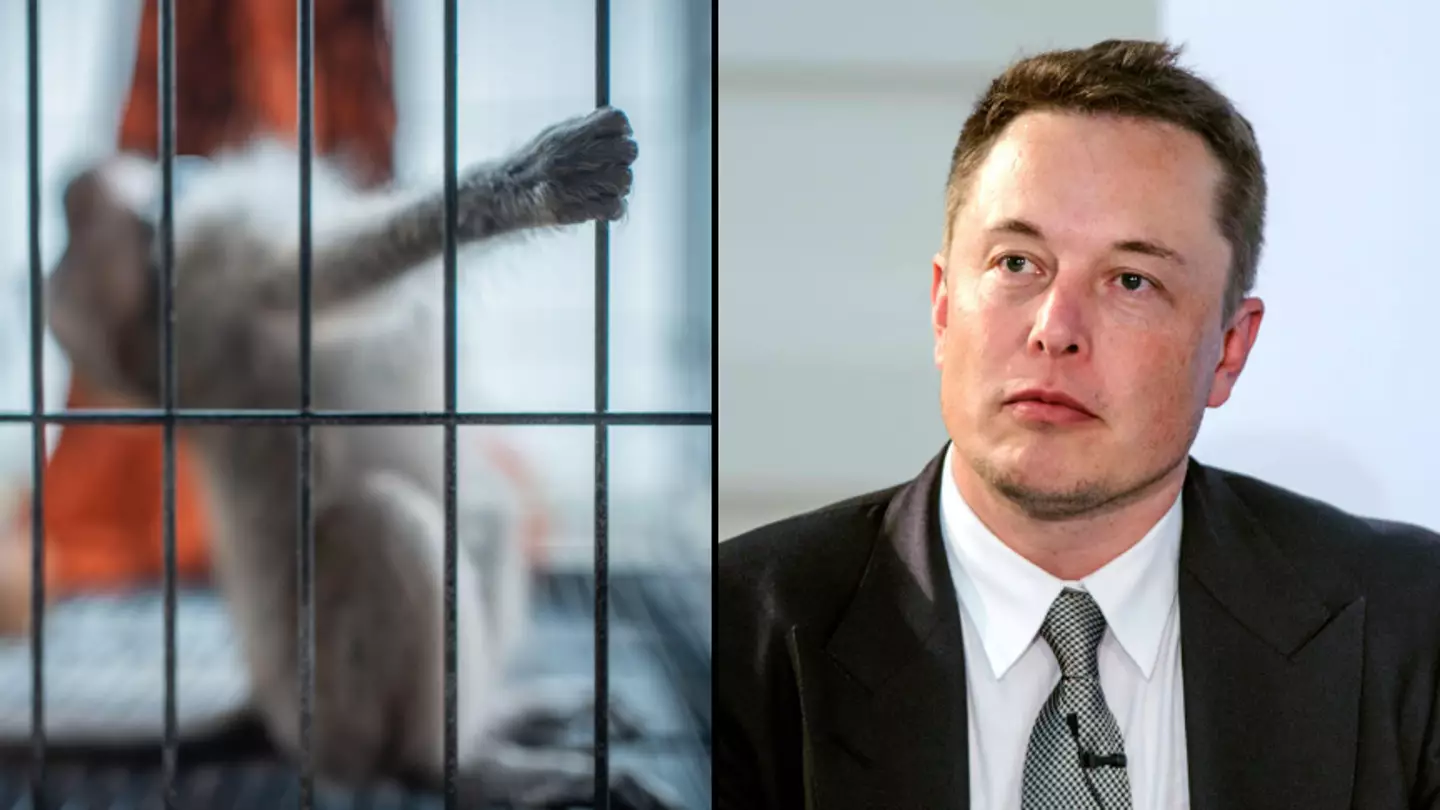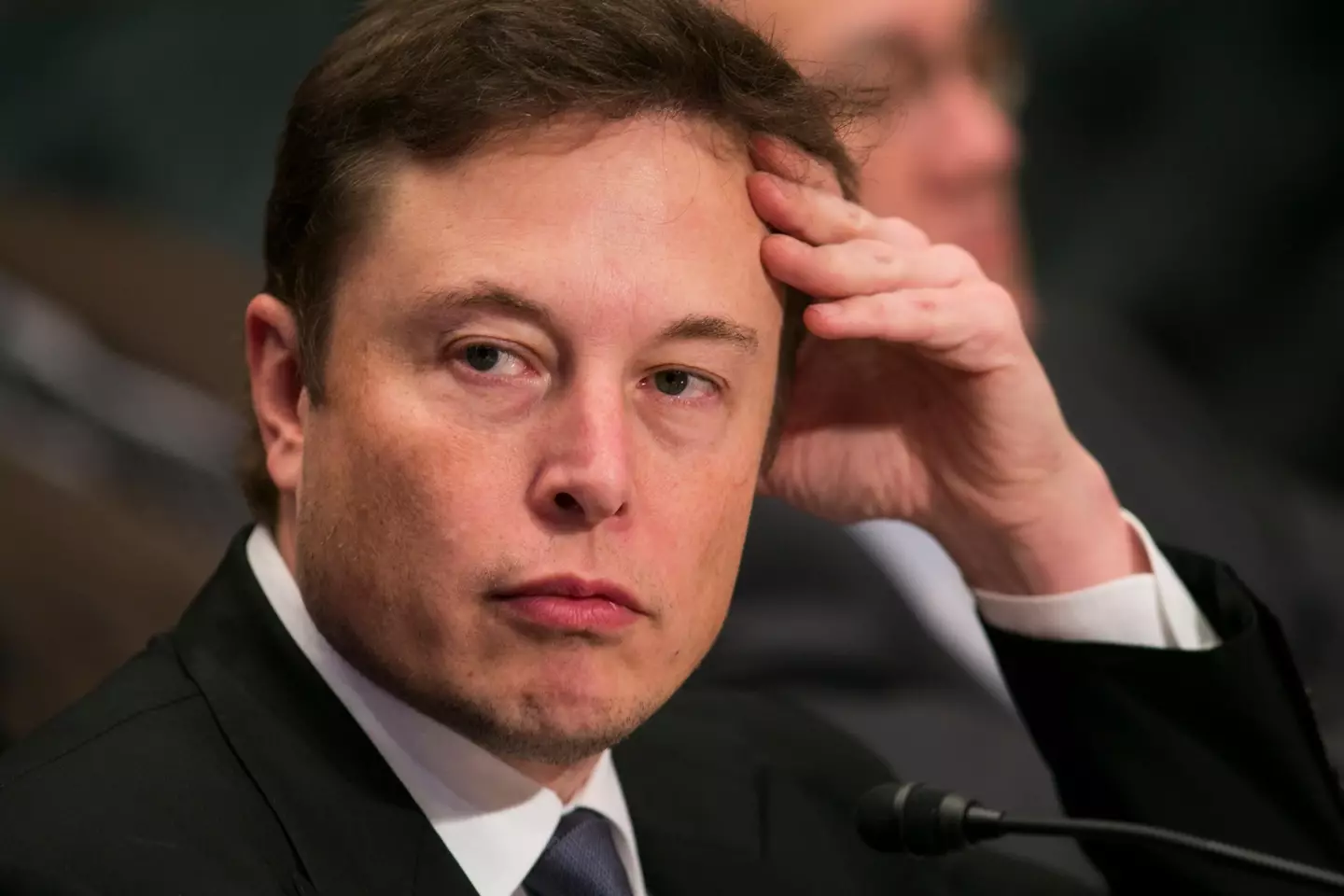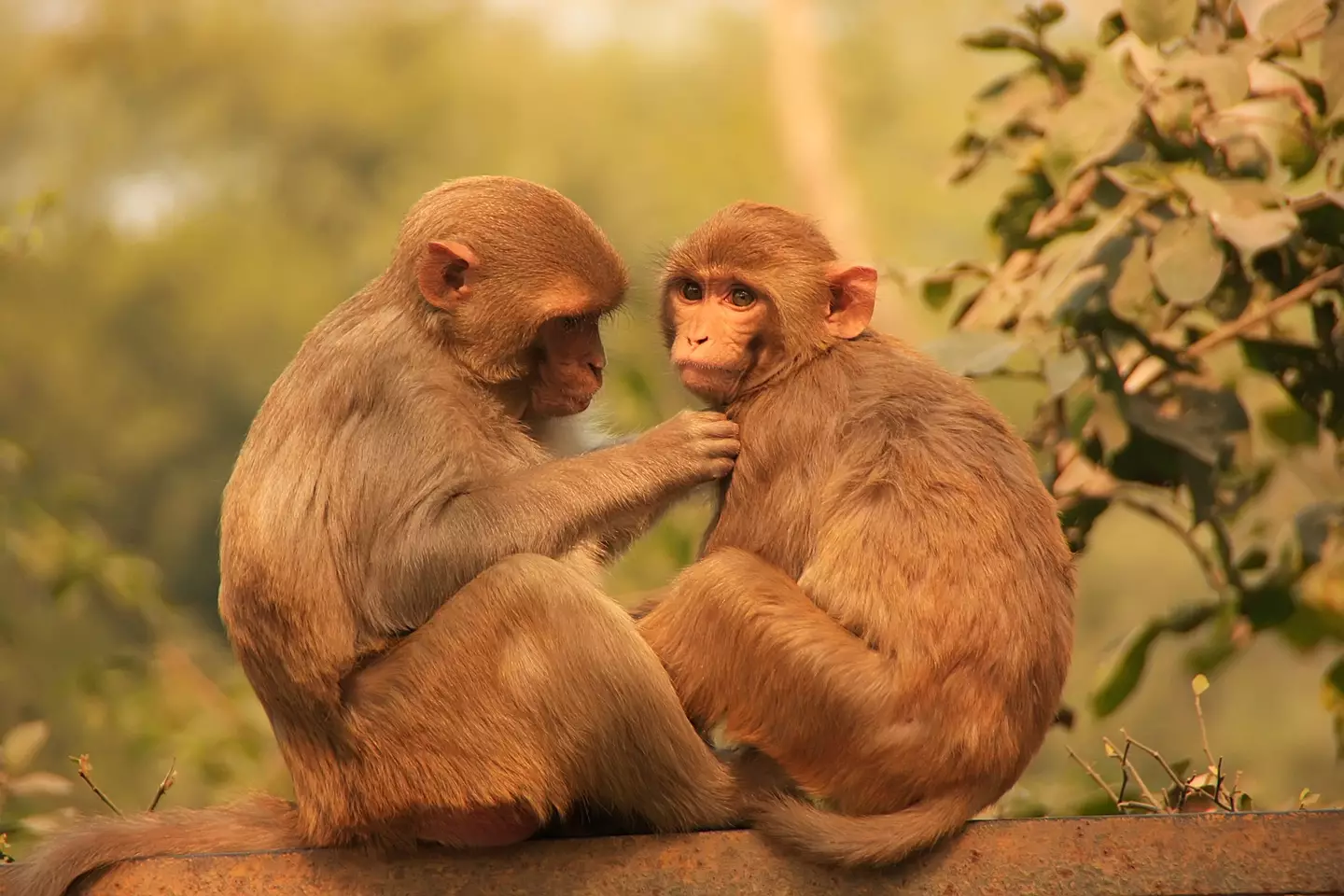
A university in California is refusing to release a collection of photos showing what happened to some of the monkeys involved in Elon Musk's Neuralink experiments on monkeys.
The Physicians Committee for Responsible Medicine (PCRM) advocacy group said that it has learned that the University of California Davis is in possession of 371 photos of the primates that had their brains experimented on during the Neuralink tests.
PCRM filed a lawsuit against the University in February to force the university and Neuralink to reveal the true horrors behind their brain experiments.

Advert
In the wake of the ethics group's complaint, Neuralink admitted that a fifth of the 23 monkeys used to test Musk's brain-hacking implants were put down after developing infections and other malfunctions.
As per a PCRM press release, UC Davis acknowledged in legal documents that it has 185 photographs related to necropsies (an autopsy on a non-human creature) of animals killed during the Neuralink experiments.
However, lawyers for the university do not want the images made public as they claim the public would misunderstand them, the press release said.
"UC Davis thinks the public is too stupid to know what they’re looking at," Director of PCRM research advocacy Ryan Merkley said.
"But it’s clear the university is simply trying to hide from taxpayers the fact that it partnered with Elon Musk to conduct experiments in which animals suffered and died."
More than 600 pages of records previously released by the university showed the monkeys that were experimented on suffered from chronic infections, seizures, paralysis, and painful and horrific side effects following experiments.
Records indicate that in two separate incidents researchers used an unapproved adhesive called BioGlue to fill holes in the animals’ skulls, which seeped through to the monkeys’ brains.
In one monkey, the use of the glue caused bleeding in her brain, causing her to vomit to the point that she developed open sores in her oesophagus.

The PCRM press release said that UC Davis also acknowledged that it possesses an additional 186 photographs taken by Neuralink employees related to the monkey experiments.
The university has claimed that these photos cannot be released as they are 'proprietary' - so, privately owned - despite the experiments being conducted with the public funding of the university and extensive work by public employees.
PCRM lawyer Deborah Dubow Press added that as the 'photos are public records created with public funds' the public therefore 'deserves access to the research they paid for'.
When approached for comment on PCRM's recent claims, US Davis directed LADbible Australia to a Feburary media statement.
"We strive to provide the best possible care to animals in our charge. Animal research is strictly regulated and UC Davis follows all applicable laws and regulations including those of the US," the university said.
Musk's Neuralink, despite a cache of evidence that indicates otherwise, claims they treat the animals they experiment on in a humane and ethical manner.
"At Neuralink, we are absolutely committed to working with animals in the most humane and ethical way possible," the company said, as per a statement.
"The use of every animal was extensively planned and considered to balance scientific discovery with the ethical use of animals."
LADbible has reached out to UC Davis and Neuralink for further comment.
Topics: Elon Musk, Science, Animals, News, US News, Technology